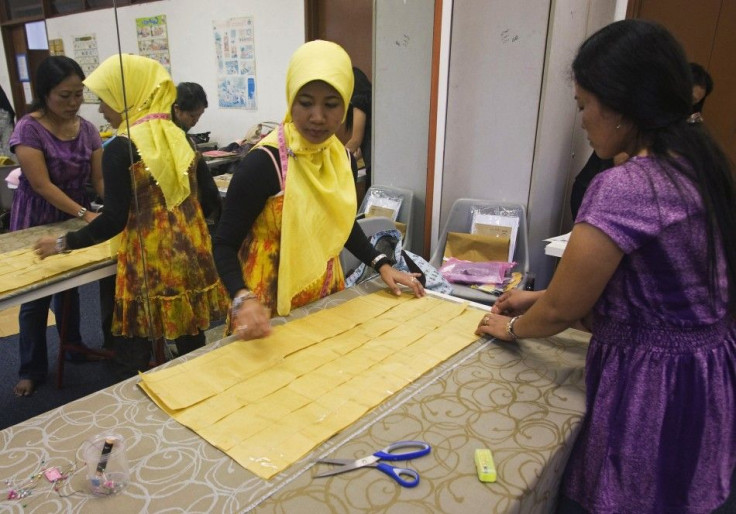Singapore Maids to Get One Day Off a Week

Domestic workers and maids in Singapore will gain something they have long wanted -- one day off a week from work.
The government of the wealthy Southeast Asian city-state granted the weekly day off, effective Jan. 1, 2013 after much agitation by human rights activists and social workers. However, many employers are reportedly unhappy over the concession, citing concerns their domestic help will socialize too much or use their time off unwisely and have to be sent home.
Singapore’s Minister of State for Manpower Tan Chuan-Jin told a session of parliament Monday that the day off would provide a “much needed emotional and mental break from work and time apart from their employers.” It might also make Singapore a more “attractive destination” for foreign workers, he added.
The rule, which still must be passed by parliament, will give employers the flexibility of paying compensation in place of an off-day.
Singapore is believed to have more than 200,000 foreign domestic workers -- most of whom come from Indonesia, the Philippines, Myanmar, India and Sri Lanka -- to toil as cooks, cleaners and caregivers for the families of busy professionals, The Wall Street Journal reported.
Singapore's domestic workers, however, have increasingly been looking toward Hong Kong and Taiwan for employment. Both countries are considered more appealing to foreign domestic workers because maids there already receive one day off each week as well as time off for public holidays, which Singapore doesn't yet offer. Salaries also tend to be higher for maids in Taiwan and Hong Kong.
Human Rights Watch hailed the Singapore government’s decision but added that more labor reforms are needed.
“The Singaporean government’s recognition of a weekly rest day as a basic labor right will make the lives of migrant domestic workers better,” said Nisha Varia, a senior women’s rights researcher at HRW, in a statement.
“But this important reform should go into effect this year and apply to all domestic workers and their current contracts.”
The new rule will apply only to domestic workers whose work permits are issued or renewed by Jan. 1, and to employers hiring help for the first time, The Straits Times of Singapore reported. It won't apply to maids already under contract.
HRW added that while Singapore has enacted some labor reforms in recent years, labor protections in the city-state lag far behind other countries dependent on migrant labor.
“Singapore’s reforms are only a fraction of the change needed to protect women workers, who are too often undervalued and overworked,” said Varia. “Singapore should join countries around the world that have recognized the injustice of discrimination against domestic workers and are making comprehensive reforms to guarantee them the same rights as other workers.”
© Copyright IBTimes 2024. All rights reserved.











